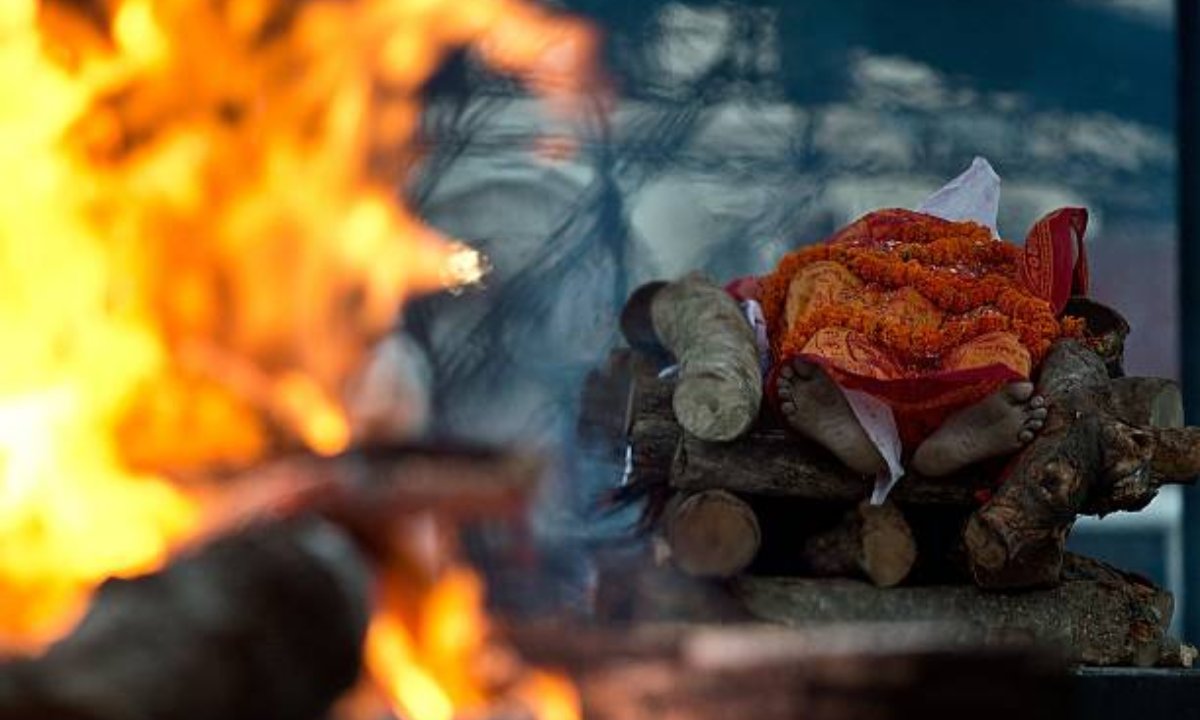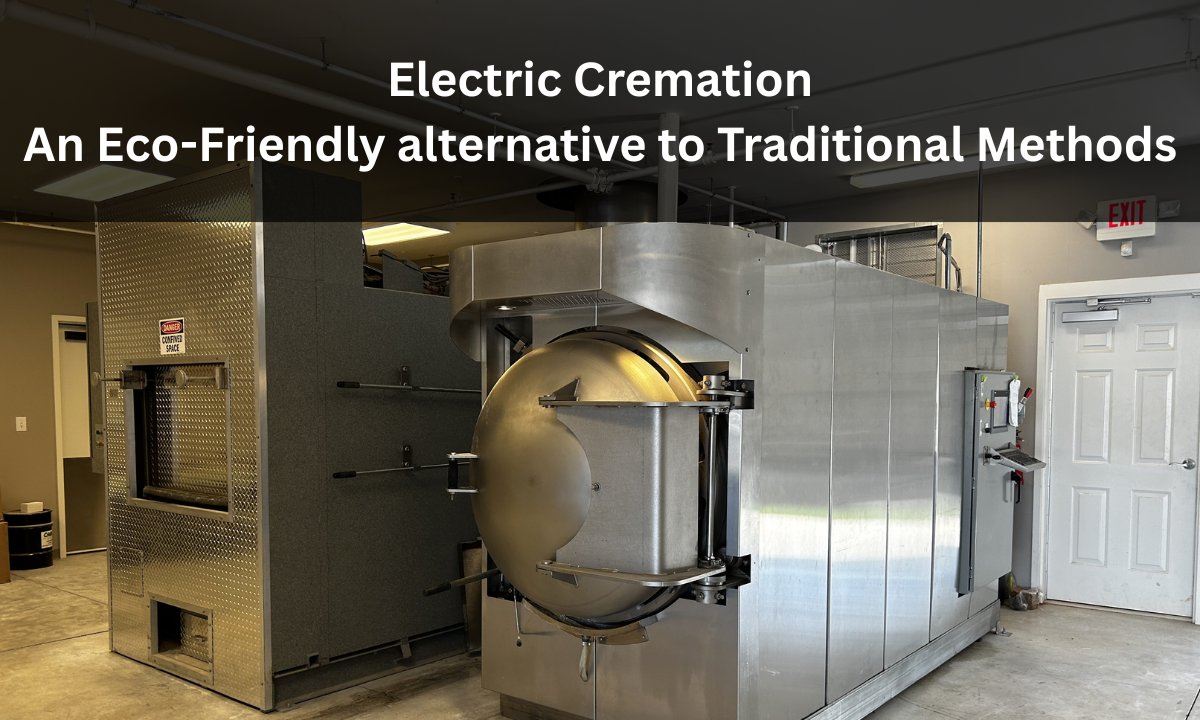The practice of cremation has grown significantly in popularity in recent decades. However, religious traditions and cultural norms still play an important role in how different groups view cremation. This article provides an overview of cremation practices and perspectives across some major world religions. The goal is to offer insight into the cultural and spiritual sensitivities surrounding death rituals.
Hinduism and Cremation
For Hindus, cremation after death known as antim sanskar or antim yagna is considered a sacred ritual that releases the soul so it can be reborn in another body. Fire is seen as a purifying element that frees the spirit from the physical body. The general belief is that cremation speeds up the process so the deceased’s soul can be reborn sooner.
During a Hindu cremation, the body is carried to the cremation grounds and placed on top of fragrant wood. Family members and loved ones say their final goodbyes before lighting the funeral pyre.
As the body burns, the close relatives perform a ritual circling the pyre and collect the ashes afterward. These are usually scattered in a sacred river like the Ganges. In some cases, the ashes are also preserved in urns.
Buddhism and Green Burials
Most Buddhist traditions do not have strict rules around burial or cremation and allow for both practices. However, cremation is more common in countries with Buddhist majorities like Thailand, Sri Lanka, and Japan. After cremation, the ashes may be scattered or interred in a columbarium.
In line with Buddhist principles of non-attachment and respect for nature, some Buddhists are opting for green or natural burials. This involves burying the body wrapped in a shroud without any chemicals in a natural burial ground. The idea is to return the body to the earth in an eco-friendly way.
Judaism and Traditional Burials
In Judaism, the burial of the whole body in the ground is considered ideal and respectful according to Jewish law. Cremation was forbidden for religious reasons in the past but some Reform Jewish movements now allow it.
Traditional Jewish burials involve placing the body in a simple wooden coffin and lowering it into the ground. The grave is then filled with dirt and marked with a simple headstone. Sometimes a tombstone is erected instead of burying the body. The mourning period also lasts for an extended time in Judaism to honor the deceased.
Christianity and Varied Practices
Christian traditions do not have a uniform stance on cremation versus burial. The Roman Catholic Church only permitted cremation in 1963 but it is now accepted practice. Protestant denominations usually allow either burial or cremation depending on individual preferences.
Orthodox Christianity still maintains traditional earth burials if possible. After cremation, the ashes may be buried in a cemetery or columbarium. Some denominations even allow scattering ashes in sanctified places like gardens.
Islam and Prioritizing Burial
In Islam, the ideal method of interment is traditional earth burial, which must take place as soon as possible, usually within 24 hours of death. Cremation is forbidden and considered disrespectful to the human body. This is because Muslims believe the physical body will be resurrected on the Day of Judgment.
An Islamic burial involves washing and shrouding the body, followed by funeral prayers. The body is then laid to rest in a simple grave, usually facing the direction of Mecca. Mausoleums and ornate tombs are also discouraged. Temporary markers are used until the grave settles before placing a headstone.
Cultural Sensitivity Around Death Rituals
As this overview shows, different religions approach death and burial according to their worldviews and scriptures. While modern practices are evolving, traditions still shape how communities grieve and memorialize loved ones. Open communication helps serve bereaved families in a manner aligned with their faith and heritage.
Meeting Practical Needs During a Difficult Time
- Simplified Planning and Decision Making
Cremation offers a more streamlined process compared to traditional burial funerals. This reduces complexity when difficult choices must be made under pressure. Not having to select burial plots and vaults means one less decision point for grieving relatives.
- Flexibility in Timing and Location of Services
Cremated remains can be kept temporarily if a burial or memorial is delayed. This offers flexibility if an out-of-town family needs time to travel. Services can also be held wherever is most convenient for attendees rather than being location-dependent.
- Reduced Transportation Barriers
Lightweight urns pose minimal handling requirements and easily fit in vehicle trunks or airline luggage. This makes transporting remains less of a physical or logistical burden when relocating or having services in multiple locations.
- Minimal Disruption to End-of-Life Events
Cremation allows visitations and services to focus solely on remembering the deceased without restrictions on casket presence or viewings. Grieving processes like open mic sessions also face fewer constraints.
- Ease of Compliance with Travel Requirements
Many countries have stringent rules for transporting human remains across borders. Cremated ashes face minimal screening at security and customs due to reduced mass. This eases the transportation of remains abroad.
- Overall Convenience for Families in Mourning
By streamlining the many moving parts involved, cremation services aim to lighten logistical loads during what is already an emotionally draining time. Their focus is on supporting ease, flexibility, and convenience for grieving loved ones.
Conclusion
Every culture and faith has its traditions for laying loved ones to rest. As populations grow, more options have emerged to meet both spiritual and practical needs. Cremation is a choice many are selecting to pay respects in a way that brings comfort.
While it provides convenience through simpler planning and flexibility, cremation is not for everyone. For some, religious beliefs prescribe burial as the path to peace. There is no one-size-fits-all in these difficult times.
Funeral professionals have a role in understanding diverse perspectives and traditions. By acknowledging both spiritual and worldly considerations, they can support grieving families according to their unique wishes and circumstances.
Whether burial or cremation, the priority is creating space to grieve and remember. Funerals should ease the journey towards acceptance, not add undue stress. With openness and care, funeral homes can honor the departed through customs the holding deepest meaning for loved ones left behind.
One of the best-in-class cremation services in India is provided by Beleiv. If you are looking for repatriation overseas or any kind of funeral services within India, directly call their online & offline support team at 9901224122.
In the end, each community knows best how to say goodbye in a spiritually fulfilling way. May we find compassion for the varied practices bringing closure and comfort to the mourning.





